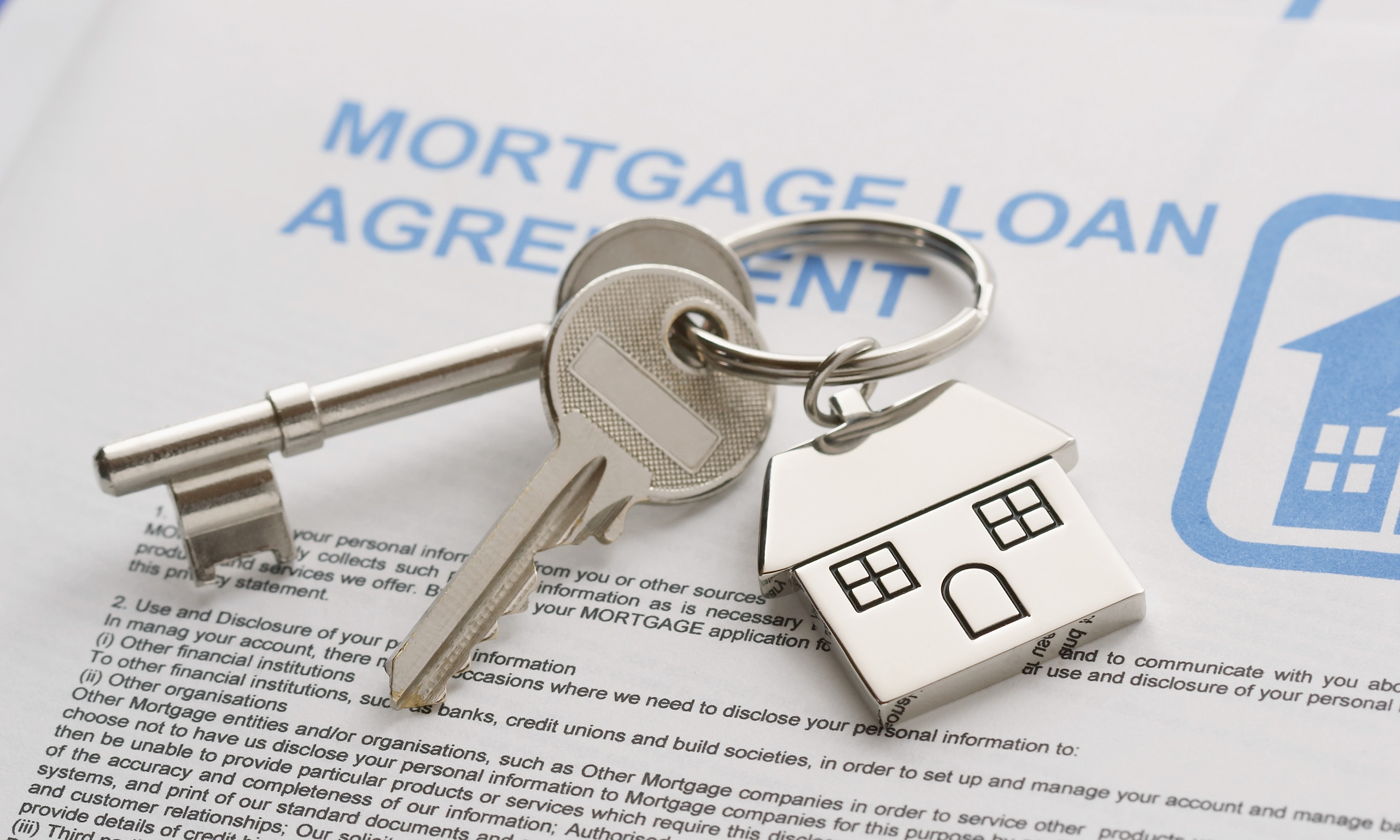What To Do When You Can’t Pay Your Mortgage

Repossession alternatives used to be few and far between for struggling homeowners, but this is no longer the case. Lenders are now far more prepared to listen prior to undertaking an involved legal process to take possession of a property. There are a number of ways to stop home repossession, including filing for bankruptcy, loan modification or a short sale.
Arrange a Short Sale on the Open Market
A short sale is the most common repossession alternative. Subject to the lender’s permission, it is possible to sell a property on the open market for less than the mortgage and loans secured on it.
Example: A short sale takes place for £260,000 on a property with a £300,000 mortgage secured on it. The remaining £40,000 is written-off.
The lender is agreeable to this because it is a repossession alternative that allows them to get fair market value for a property and avoid an involved legal process.
If a debt shows on a credit report as “settled for less than the full amount due” the effect on your FICO/Experian score will be the same as a repossession. However, if it shows as “settled in full” your credit score won’t deteriorate any further. Ask your lender which of these options will show before proceeding.
Loan Modification
The intention of a loan modification is to stop home repossession by making a series of adjustments to a mortgage agreement in order to improve affordability. A loan modification may include any of the following amendments:
– A reduction in the principal.
– A reduction in the rate of interest.
– An extension of the term of the loan.
– A change in the loan type. For example, changing to an interest-only mortgage.
The objective is to reduce repayments to 38% of the borrower’s income. The government then provides further assistance to reduce payment to just 31%. This lower debt-to-income ratio increases the probability of a homeowner being in a position to keep up their monthly mortgage repayments.
Filing for Bankruptcy
Insolvency may not appear to be the most likely of foreclosure alternatives as it implies giving up all your possessions, but this needn’t be the case. However, only non-exempt assets (stocks and shares, a luxury car etc) need be handed over to a trustee to be sold.
Filing for bankruptcy will mean that repossession proceedings will be ceased forthwith and full court protection from creditors provided. The majority of homeowners also have unsecured debt. Writing-off credit card debt will lower your debt-to-income ratio, leaving more money available to pay the mortgage.
Repossession alternatives are available for homeowners who are unable to make their mortgage repayments each month. Discuss filing for bankruptcy, a short sale and the possibility of a loan modification with a credit counselor as soon as you suspect that it may become difficult to pay the mortgage.







